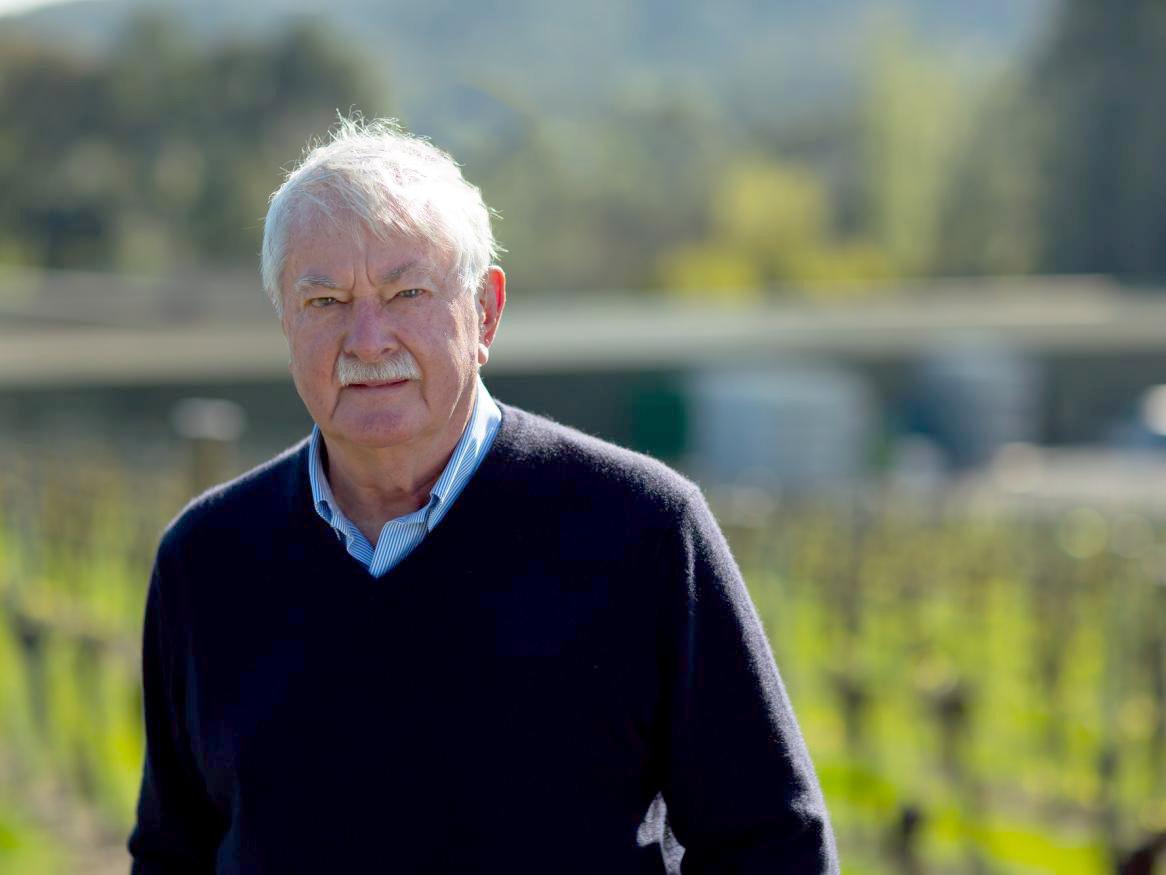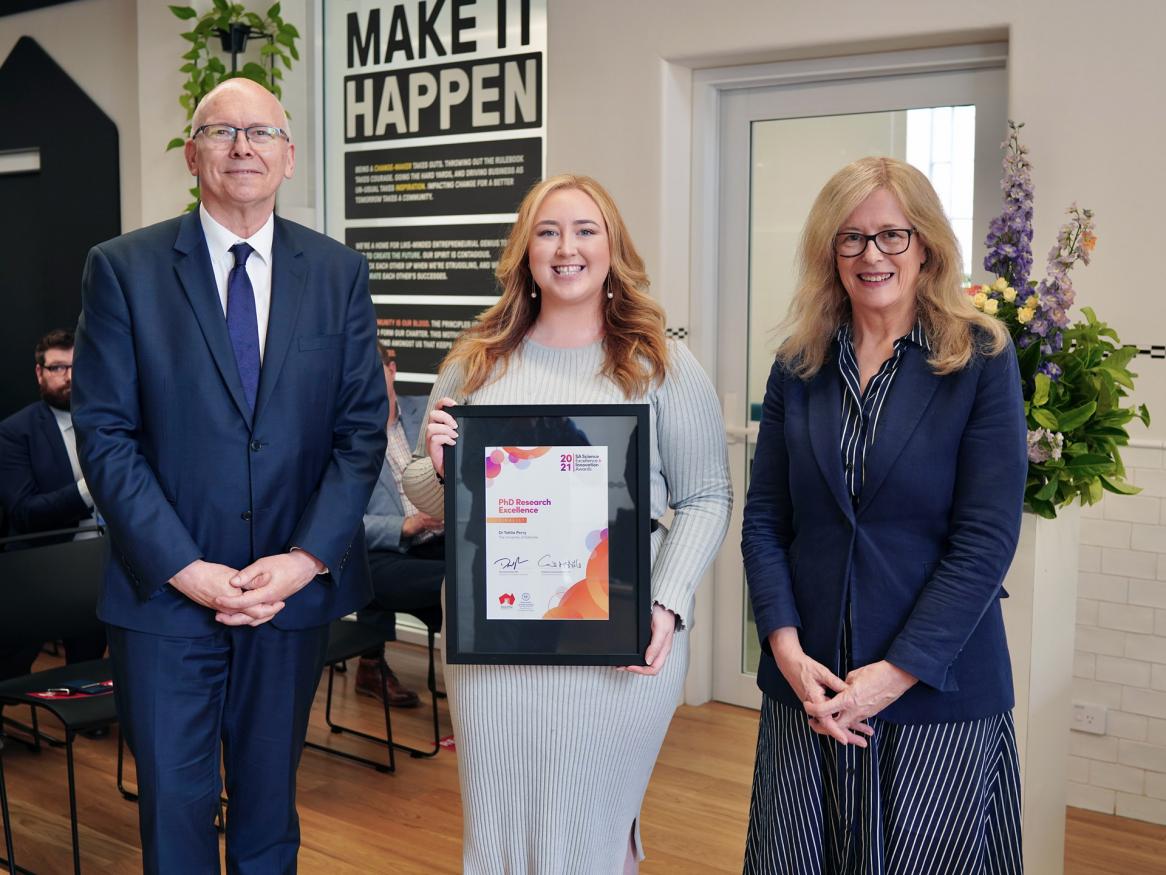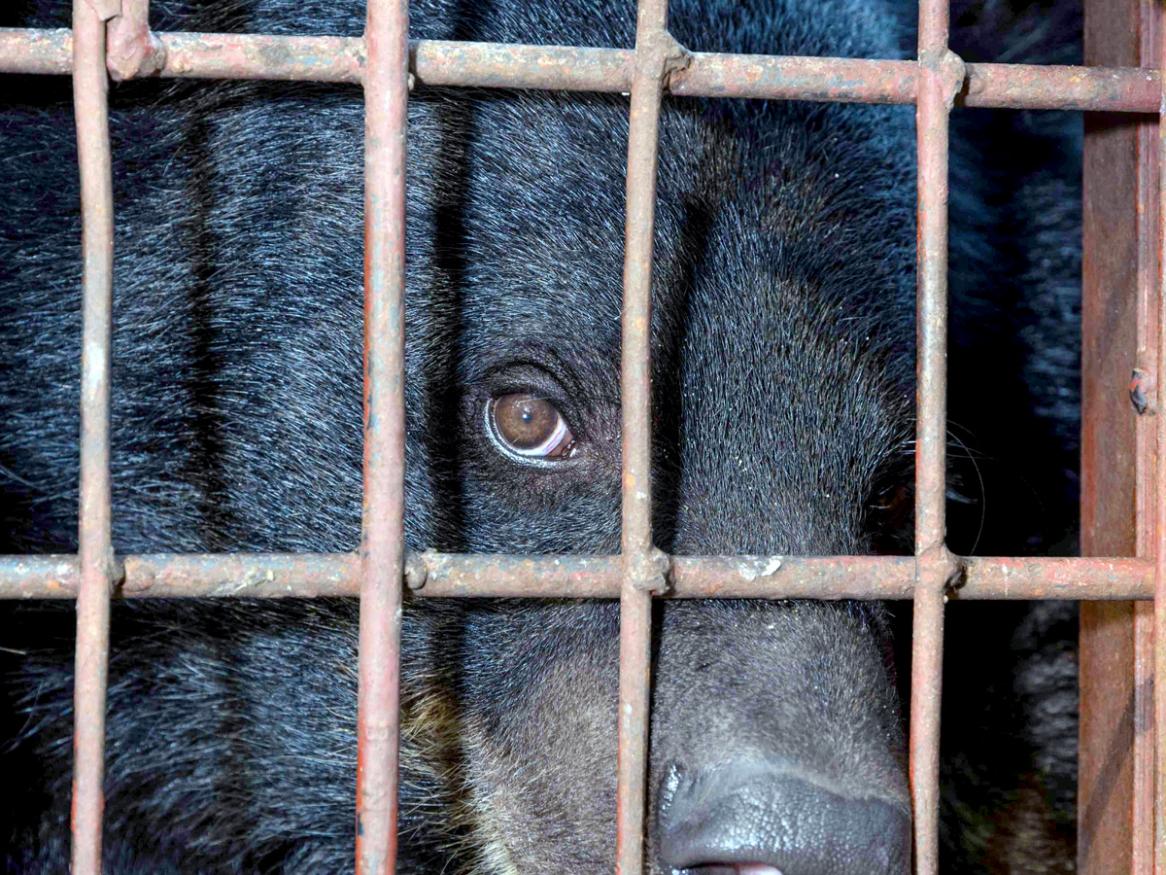News: School of Biological Sciences
Outstanding alumni receive top awards

Five outstanding University of Adelaide graduates have been recognised for their significant contributions to their professions and communities with Distinguished Alumni Awards.
Celebrating success in the SA Science Awards

Congratulations to Dr Richard Lilly and Dr Tahlia Perry who are finalists in the 2021 South Australian Science Excellence and Innovation awards!
[Read more about Celebrating success in the SA Science Awards]
Alien organisms – hitchhikers of the galaxy?

Scientists warn, without good biosecurity measures ‘alien organisms’ on Earth may become a reality stranger than fiction.
[Read more about Alien organisms – hitchhikers of the galaxy?]
Fishing for solutions to the plastic problem

More than 35 percent of fish caught in the waters off southern Australia contain microplastics, and the problem is worse in SA - but many people in the fishing industry aren’t aware that we even have an ocean plastic problem.
[Read more about Fishing for solutions to the plastic problem]
Ironing out the cause of Alzheimer’s disease

University of Adelaide researchers have found important evidence supporting their theory that a deficiency of active iron in the brain is an important factor in Alzheimer’s disease.
[Read more about Ironing out the cause of Alzheimer’s disease]
How humans catalysed the extinction of the woolly mammoth

New research shows that humans had a significant role in the extinction of woolly mammoths in Eurasia, occurring thousands of years later than previously thought.
[Read more about How humans catalysed the extinction of the woolly mammoth]
Smuggling bear parts in Australia and NZ

Australia doesn’t have any native bears, yet our involvement in the illegal trade of bear parts and products is sadly a different story.
Does Australia have too many kangaroos?

Wildlife scientists have come together to call for urgent reforms to the management of Australia’s kangaroo populations.
Too late for 2050 climate change emissions target

New research from the University of Adelaide says the 2050 target to reduce climate change emissions is too little and too late.
[Read more about Too late for 2050 climate change emissions target ]
Student-led STEM research and technology on show

Emerging scientists showcase their research at Ingenuity, University of Adelaide’s annual interactive expo of STEM projects.
[Read more about Student-led STEM research and technology on show]
